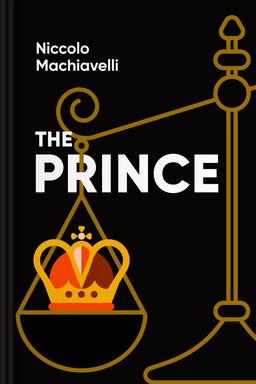What is Guns, Germs, and Steel about?
This acclaimed work explores the factors that shaped the modern world, examining how geographic and environmental variables influenced the development of civilizations. Through a multidisciplinary lens, it addresses the rise of technology, the spread of diseases, and the impact of agriculture. By uncovering the roots of inequality among societies, it challenges traditional narratives about race and culture, offering a profound understanding of human history and its complexities.
Who should read Guns, Germs, and Steel
- History enthusiasts seeking insights into societal development.
- Students studying geography and anthropology in academia.
- Readers interested in the impact of environment on civilizations.
What is How to Think Like Leonardo da Vinci about?
This guide reveals the principles behind Leonardo da Vinci's creative genius, offering practical steps to cultivate curiosity, improve observation skills, and embrace learning. Through exercises and insights, it encourages readers to think outside the box, enhance their artistic and analytical abilities, and unlock their potential by integrating Da Vinci's techniques into daily life, fostering innovation and creativity.
Who should read How to Think Like Leonardo da Vinci
- Creative individuals seeking inspiration and innovation.
- Students looking to enhance their critical thinking skills.
- Professionals aiming to boost problem-solving abilities.
What is The Prince about?
This influential political treatise offers pragmatic advice on power dynamics and statecraft, emphasizing the often harsh realities of wielding authority. It explores the necessity of ruthless decision-making, the role of morality in politics, and the qualities that make a successful ruler. Through historical examples, it lays bare the complexities of leadership, challenging readers to consider the balance between ethics and effectiveness in governance.
Who should read The Prince
- Political science students seeking historical strategies.
- Leaders interested in power dynamics and manipulation techniques.
- Philosophers examining ethics in governance and authority.


